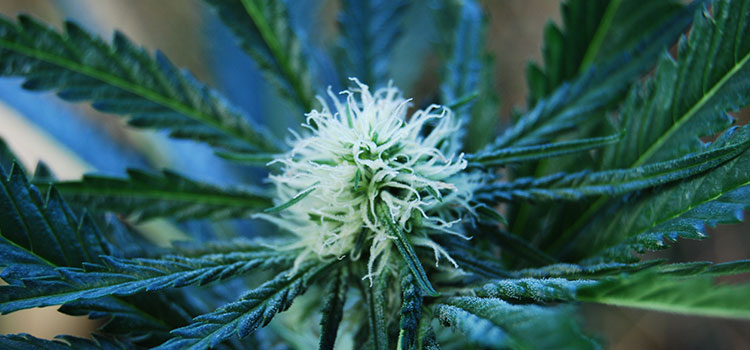With legalization going mainstream and big businesses overtaking small ones, Washington’s longtime local cannabis growers and medical marijuana gurus are being pushed to the fringes of the market. Strict new regulations set to go into effect on July 17 will all but extinguish many such legacy growers.
Approved by voters in 1998, Washington’s medical cannabis program is one of the oldest in the country. The legislature updated the program in 2007, and again in 2010. But when voters passed Initiative 502 in 2012, legalizing cannabis for recreational use, the horizon began to darken over Washington‘s burgeoning medicinal marketplace.
In April 2015, state legislators placed an outright ban on unlicensed medical marijuana operations. The ban takes effect this July, and will leave countless medical cannabis experts jobless.
“I voted against it,” said Michael, owner and founder of Vashon Seed & Mercantile. Michael is a cannabis breeder on Vashon Island, but since I-502 passed, his trade as a legacy, artisan breeder has become difficult. “I wanted to keep it medical — I knew as soon as the 502s came in that it would turn into a gigantic money-sucking industry.”
Under the Washington State Liquor and Cannabis Board’s (LCB) new restrictions, Michael — who has been breeding cannabis strains for medicinal purposes since 1982 — is only allowed to grow fifteen plants at once. “It slows down my genetic research,” he said. However, legacy breeders such as Michael aren’t the only ones struggling in these times of rampant regulatory control.
Christi Spangler, founder of THChristi, has also suffered from Washington’s new medicinal cannabis restrictions. Spangler is a medibles producer offering a wide range of cannabis-infused products, including gummy candy, beef jerky, dried fruits, pizza, handmade tortillas, calzones, seasonal pies, infused juices and cocoa. She also offers an extensive line of cannabis topicals.
As regulatory restrictions tighten, Spangler is turning increasingly to other medicinal growers to meet demand for her products. “In the past, I was able to source all my materials through my own medical garden,” she said. “Now I have to source some of my cannabis from other patient growers.”
She noted that, as dispensary owners shutter their stores ahead of the July 17 crackdown, her biggest issue has become supplying patients who have grown dependent on her for their medicine.
Spangler also voted against I-502. “I lobbied our legislators, and rallied my patients to do the same,” she recounted. “I attended LCB hearings and wrote my lawmakers in an effort to educate them on how this would hurt patients.” She’s not against legalizing cannabis for recreational use, she clarified. Rather, “I just saw this particular legislation was going to hurt patients.”
Cat Jeter, owner of Deep Green Extracts, harbors some resentment toward Washington’s legalization process. She argued that the implementation of the law and attitude of the LCB at the time likely had the biggest effect on Deep Green and other historical medical firms, rather than the regulations themselves:
The 2013 disinformation campaign that purported no medical products or purpose [should] be discussed in 502 stores discouraged small and capital-challenged firms like ours from applying to the new system. Of course, the immediate change of heart regarding medical products and discussions in regulated stores following the closure of the first and only round of applications stranded ‘medicals’ on the outside… until at least 2017.
So, when heavy-handed regulations come knocking, and your local cannabis experts and artisan growers are feeling threatened by the impending doom of legislative oversight, where should these ganja gurus turn? According to Jeter, “It is important for the legislature and LCB to understand these legacy producers are not going away, they are by and large going underground, again.” She hopes to secure a state-issued license sometime in 2017.
When I asked, both Michael and Ms. Spangler admitted they were at a loss about what comes next for them.
“There is no place for me in that realm,” said Michael of the I-502 marketplace. “I’ll be moving somewhere more conducive,” he said. “I’m originally from Colorado — so maybe there?”
Spangler, who’s been a Washington resident her entire life, said that she will eventually be forced to choose between staying with her family and friends or moving to another state. “I plan to continue to serve patients until July… After that I will be forced to close up in Washington,” she said.
“Moving myself and my business is certainly a tough decision that I will have to carefully consider.”
Get daily cannabis business news updates. Subscribe
End
